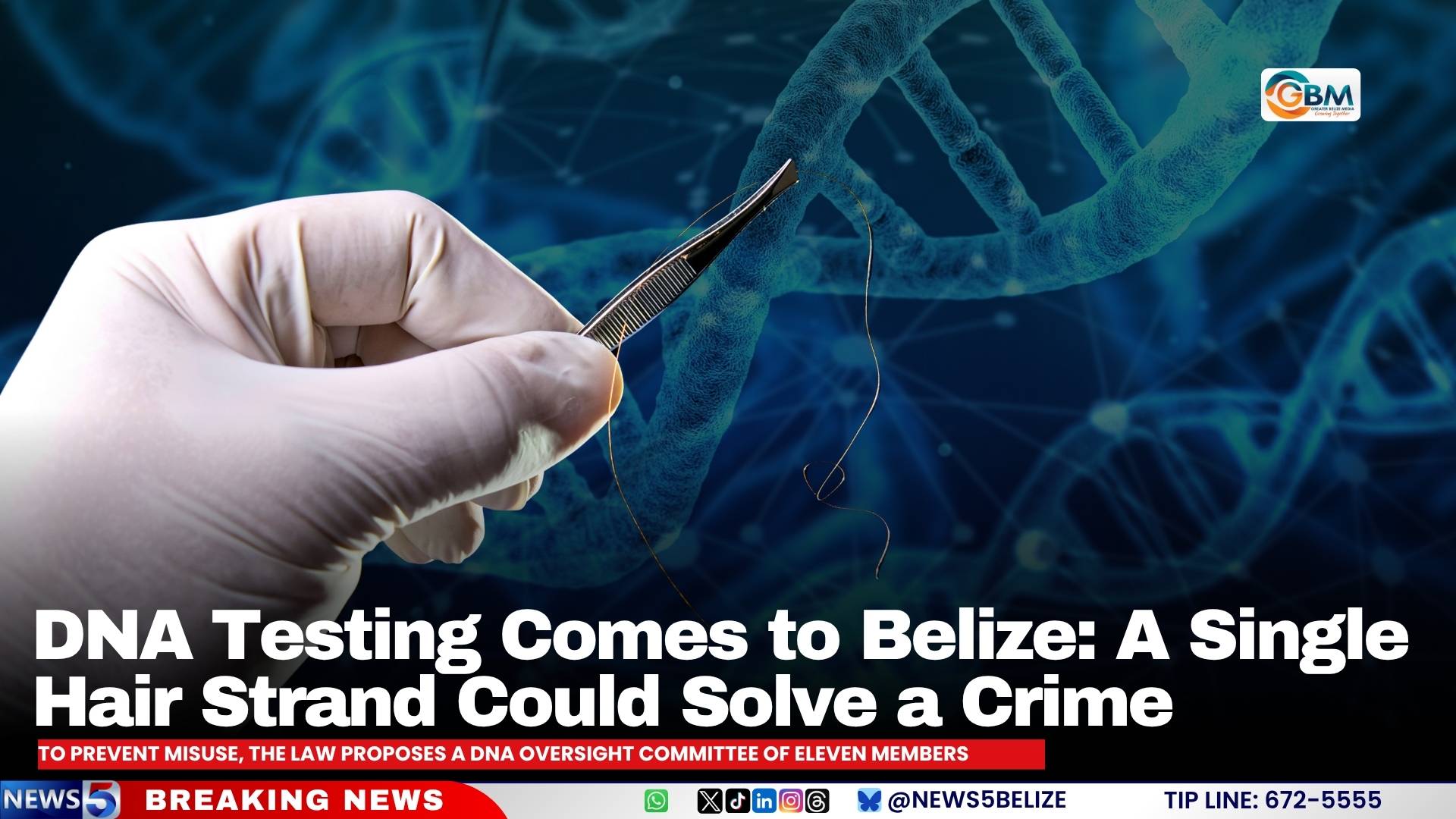In a groundbreaking move, Belize is set to transform its criminal justice system with the introduction of the DNA Bill 2025. Approved by the Cabinet on October 2, this legislation aims to establish a National DNA Database, a tool that promises to revolutionize crime investigations, prosecutions, and the identification of missing or unidentified persons. The bill, introduced by Minister of Home Affairs Kareem Musa, had its first reading in the House of Representatives on October 17. Musa hailed the database as an ‘extremely powerful crime-fighting tool,’ emphasizing its extensive review by local stakeholders to ensure its relevance and suitability for Belize. The National Forensic Science Service will oversee the database, managed by a designated custodian, and will include separate indexes for convicted persons, suspects, crime scenes, missing persons, relatives of missing persons, victims, volunteers, and unidentified deceased persons. The bill mandates strict safeguards to protect individuals’ privacy and dignity, ensuring that DNA samples are collected only with written consent or a court order. Unauthorized access or tampering with the database will be punishable by fines up to $30,000 or imprisonment for three years. The DNA Oversight Committee, comprising eleven members, will oversee the database’s operation, ensuring compliance with the law and maintaining data protection standards. This bill represents a significant step forward for Belize, balancing the need for public safety with the protection of individual rights.
